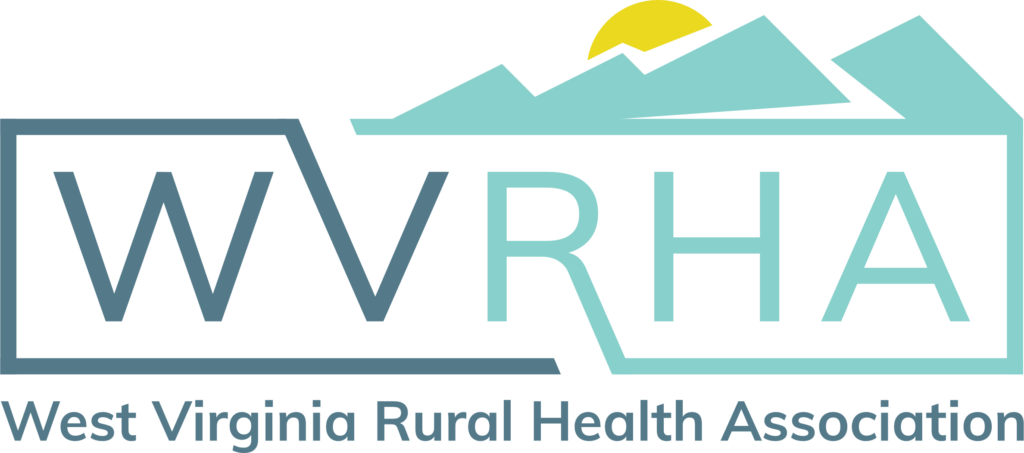
One-third of West Virginians may soon have a harder time getting health care after lawmakers declined to fully fund Medicaid
One-third of West Virginians may soon have a harder time getting health care after lawmakers declined to fully fund Medicaid
Across West Virginia, it’s already hard for many people to access health care. And unless state lawmakers change the budget they passed last month, it’s about to get even more difficult, especially for people who live in the most rural areas and those considered lower income.
Starting in July, at the start of the next fiscal year, West Virginia officials will be forced to dramatically cut the state’s Medicaid budget. Roughly one-third of the state’s population relies on the government health insurance program.
Despite testimony from state officials that the program needed more funding because of increased health care costs and the end of COVID relief funding, lawmakers gave the program about $150 million less than what was needed. They also didn’t pass a proposal for a bill recommended by health officials to fund some of the increase by increasing the tax on managed care organizations.
And because the state will also lose three federal matching dollars for each fewer dollar that West Virginia spends on the program, the cuts could be severe.
West Virginians covered by Medicaid include single adults who make about $20,000 a year up to families of four earning around $40,000 annually. Along with low-income adults, the insurance covers nearly half of the children in West Virginia as well as people whose conditions prevent them from working.
Under federal law, the insurance has to cover some services, such as inpatient and outpatient hospital visits and some doctor visits. But facing funding problems, state health officials could cut services such as hospice care, dental care, physical therapy, speech therapy, in-home care for people with disabilities and prescription drugs.
They could also pay providers who accept Medicaid patients less money for seeing those patients — which could mean more medical professionals around the state could decide not to accept Medicaid patients at all. This would severely impact the most rural areas of the state, which already suffer from a lack of health care providers.
State health officials at the Department of Human Services didn’t respond to emailed questions about how they might reduce services.
But Akeiisa Coleman, senior program officer for Medicaid at the Commonwealth Fund, a health care advocacy and research group, said the easiest and most likely way for state health officials to reduce Medicaid costs would be cutting payments to providers.
“They may reduce the number of Medicaid patients that they accept or stop taking new Medicaid patients,” she said.
Sen. Eric Tarr, R- Putnam and chair of the Finance Committee, which writes the budget, denied an interview request through a spokesperson.
Beck, Erin. “West Virginia Medicaid Funding Gaps May Limit Health Care Access.” Mountain State Spotlight, 10 Apr. 2024, mountainstatespotlight.org/2024/04/11/wv-medicaid-funding-gaps-health-care/.


